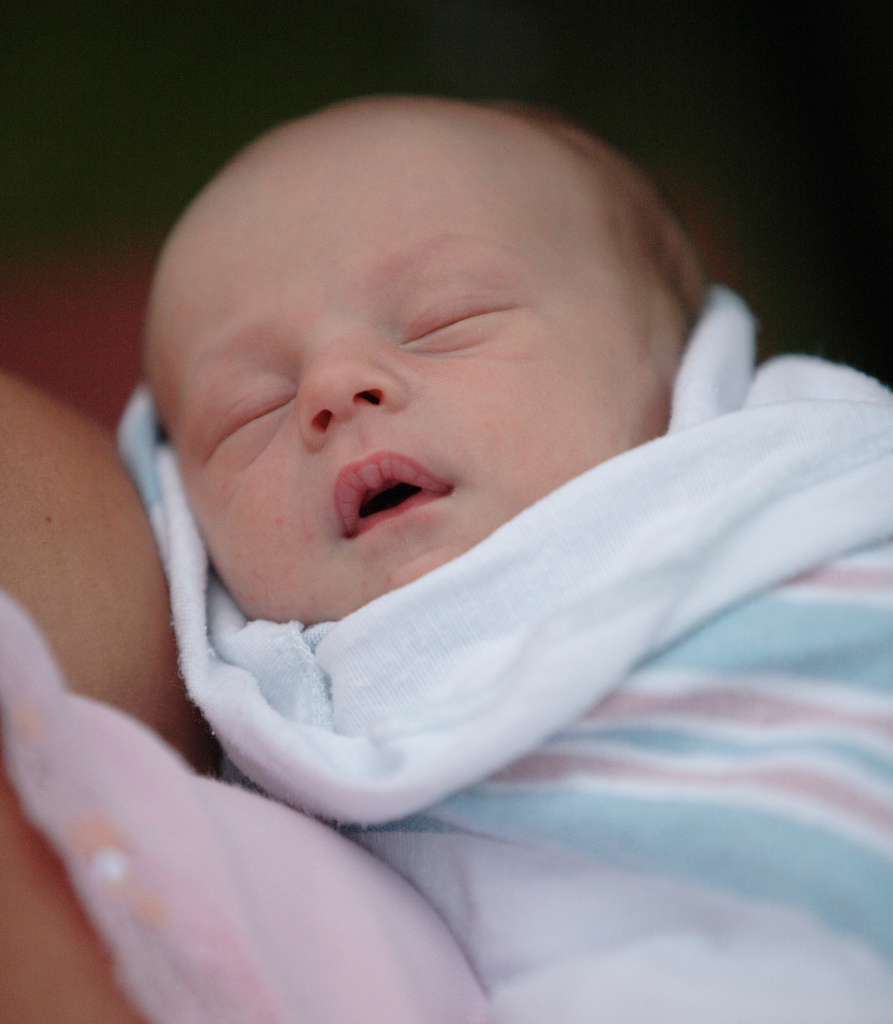- Study Says Most Parents Don’t Use Car Seats In Ride Share Vehicles Like Uber
- This 12-Year-Old Boy Is A Sophomore Aerospace Engineering Major!
- Fire Safety Experts Warn Of Hand Sanitizer Danger After A Mom and Kids Escape House Fire
- Recall Alert: Peaches May Be The Cause Of Salmonella Outbreak, 68 People Ill
- Summer Vacation In The Days Of COVID: Tips To Stay Safe
- How To Safely Grocery Shop During The Coronavirus Pandemic
- Michigan Teen With Vape-Related Illness Undergoes Double Lung Transplant
- Teen Kicks Off Anti-Vaping Campaign From Hospital Bed
- Teenager Receives Life Sentence For Strangling Sister To Death Over A Wi-Fi Password
- Toddler Falls To Death From 11th Deck of Cruise Ship
Paid Parental Leave: Could Benefits Finally Be Coming To The U.S.?


After the birth of a child, a mother’s body requires time to recover and new parents need time to bond with baby as they adjust to life with a newborn.
Unfortunately, the U.S. is still the only industrialized nation that doesn’t require paid parental leave. Only 12 percent of private sector workers have access to any paid parental leave, according to the Department of Labor.
The thing is, paid parental leave typically translates to better outcomes for both parents and children. According to the Department of Labor, maternity leave improves child health outcomes, including increased birth weight, decreased premature births and decreased infant mortality. And paid leave encourages dads to take time off to care for their children, which can also have many benefits for families.
It’s true the Family Medical Leave Act (FMLA) of 1993 does guarantee up to 12 weeks of unpaid leave to care for a newborn, adopted child, or sick family member. But the key word here — unpaid — can put a huge financial strain on families. Many times, new moms are forced to take a much shorter leave than ideal, or even recommended by their physicians.
In recent years, a growing number of prominent tech companies have started offering generous paid leave — and they could be leading the way for this to become the rule, rather than the exception. Facebook, for example, offers both mothers and fathers four months of paid time off. Google offers new birth moms 18 weeks of paid leave, with new dads and adoptive parents having 12 weeks of paid time off. Microsoft, Netflix and Adobe have all expanded their leave policies in the past year, as well.
Last year, President Obama gave all government employees six weeks of paid parental leave. And recently, all military women were granted 12 weeks of paid leave. Paid parental leave also remains a hot topic on the Democrat side of recent presidential debates.
This trend — along with a general cultural shift in favor of paid leave — spells good news for parents and children. Hopefully, it’s only a matter of time before the U.S. finally catches up with the rest of the world by supporting parents and children when they need it the most.








0 comments